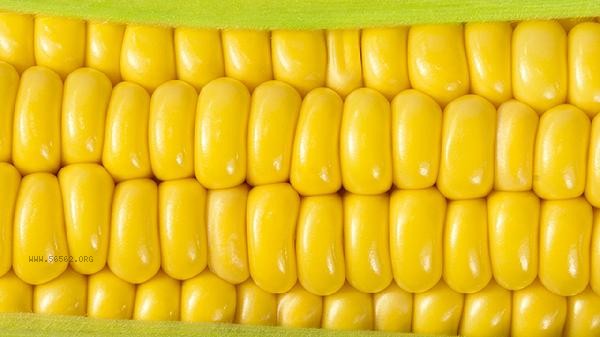Corn can generally be stored at room temperature for 1-2 days, refrigerated for 3-5 days, and frozen for 8-12 months. The actual storage time is affected by factors such as storage temperature, corn maturity, outer skin integrity, humidity conditions, and whether pre-treatment is required. The storage time of corn is closely related to the storage environment. Fresh corn with skin can be stored briefly in a cool and ventilated place for 1-2 days, but it is prone to dehydration, drying or fermentation deterioration in high temperature environments. If the corn husk is intact and not peeled off, it can form a natural protective layer, delaying water loss and microbial invasion. Newly harvested mature corn is more resistant to storage than overripe corn due to its high sugar content. When refrigerating, it is recommended to wrap it in a fresh-keeping bag to maintain humidity and avoid contact with other strongly scented foods. Before freezing, blanching can be used to destroy enzyme activity and better preserve the taste.

In special circumstances, the storage time of corn may be shortened. Corn that has been peeled or cut increases its contact area with air and accelerates its oxidation rate. When mold spots, sourness, or mucus appear on the surface, it indicates that it has deteriorated. Even if it has not exceeded the theoretical shelf life, it is not recommended to consume it. Vacuum packaged cooked corn can be sterilized to extend refrigeration time, but it should be consumed as soon as possible after opening. Commercial processed frozen corn kernels can maintain maximum nutrition due to rapid freezing technology, but whole corn kernels frozen at home may suffer from ice crystal damage to taste.

When storing corn, it is recommended to choose the appropriate method according to the consumption plan. Short term consumption can be refrigerated, while long-term storage requires freezing treatment. Regardless of the method used, it is important to ensure that the corn is fresh and undamaged, and avoid mixing it with odorous foods. Pay attention to checking for any odor or mold before consumption, and fully heating during cooking can further reduce food safety risks. Reasonable storage can maximize the retention of corn's sweetness and nutritional components, while reducing waste.










Comments (0)
Leave a Comment
No comments yet
Be the first to share your thoughts!